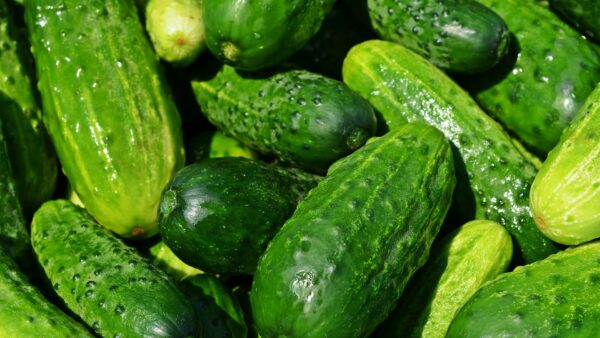The head of one of China’s biggest chemicals companies has played down expectations the country will become more open to genetically modified crops in the aftermath of ChemChina’s purchase of Swiss Seeds and agrochemicals group Syngenta.
When the $43bn ChemChina deal was announced in early 2016, many suspected it would result in the swift approval of GM plantings in China, since Syngenta specializes in developing and researching GM. That would be a turnaround for a country where several GM grain strands can be imported, but only a few edible crops can be planted due to entrenched domestic fears that the technology poses a security threat.
But the issue got little attention at this week’s national congress of China’s Communist Party, despite calls by President Xi Jinping for more modern agriculture to ensure China’s food security.
Speaking on the sidelines of the gathering, Frank Ning, the head of ChemChina rival Sinochem, said the adoption of GM crops would only come “slowly, slowly”.
“I think you have to watch the actual development of Chinese agriculture,” Ning says. Chinese researchers are vying to promote new plant strains they have developed, while not revealing whether they are genetically modified or developed using traditional breeding practices. Many are grown in demonstration fields but have not been commercialized.
The most recent example is the world’s tallest rice plant, which Chinese media have dubbed the Yao Ming of rice after the Chinese basketball star. It also produces four times as many grains per stalk, according to its creator, an agronomist at the Chinese Academy of Science. Ning said the future of Chinese agriculture is the gradual improvement of seed quality and more targeted application of fertiliser and pesticides, which are big sources of soil and water pollution in China.
“Sinochem has transformed. We used to be just a sales operation: selling seeds, selling fertiliser,” Ning says. “Now we are a modern agricultural platform: service oriented, promoting better seeds and teaching people to use less fertiliser.”
President Xi called for “industrial, production and business operation systems for modern agriculture” in a long speech on Wednesday that laid out a laundry list of economic goals, in addition to his primary theme of strengthening the power of the ruling Communist party. Although Xi has historically fudged his own position on GM — urging advocates to be “bold in research, careful in promotion” — his January endorsement of the Syngenta purchase clinched a deal that at times seemed perilous due to financing questions.
A loose coalition of leftists, environmentalists and retired officials wrote letters to the top leadership last year opposing the deal. China’s leftists and nationalists fear that foreign GM technology poses a security threat to China, but are considered more open to approvals of domestically developed GM strains. Environmentalists, on the other hand, oppose all GM adoption in China due to concerns about the damage caused by the herbicides and pesticides used with the crops.











